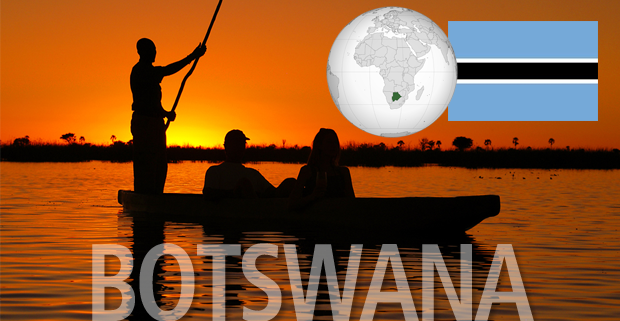Nobody wants to think about getting sick abroad when they could be scoping out the best sights to see. However, being informed about health risks at your destination can save your life. Botswana is regarded one of the safest destinations to travel to in Africa but as with all places around the world certain precautions have to be taken into account before travelling.
1. Malaria Precautions
Just like most countries in Africa, Botswana is a malaria risk area. Anti-malaria medication is a must and you should consult your doctor in this regard. Anti-malarial medication should commence at least a week before leaving for your trip.
2. Yellow Fever
You will have to be inoculated against this disease at least 10 days before departing for Botswana. At the time of your inoculation you will be issued with a Yellow Fever Certificate which you should keep with all your other travel documents.
3. Tsetse Fly And Sleeping Sickness
The Botswana government undertook a project to rid the country of sleeping sickness carried by the tsetse fly as not only was it a danger to humans but the disease was deadly for cattle, something which endangered the lucrative beef industry in the country. There is a small chance of still being bitten by a tsetse fly and, although painful, the chance of contracting sleeping sickness is almost non-existent.
4. Personal Safety
The tourist areas of Botswana are very safe as they are remote and most can only be accessed by light aircraft. This prevents the spread of criminal activity to the lodges.
Botswana is a very safe country to travel to and crime targeted at tourists is minimal. But, one should still be careful.
5. Rabies Vaccine
This is ideal for travelers who will be spending a lot of time in the outdoors, or at high risk of animal bites, including those involved in activities that might bring them into contacts with bats.
6. Hepatitis B
This spread through infected blood and blood products, contaminated needles and medical instruments and sexual intercourse. Risk is higher for those at occupational risk, long stays or frequent travel, children (exposed through cuts and scratches) and individuals who may need, or request, surgical procedures abroad.
7. Prepare A Travel First Aid Kit
This will help you in dealing with common issues like headaches, allergies, blisters, and travelers’ diarrhea. Travel medicine recommendations differ from person to person and are specific to your current health status, destinations, trip itinerary, type of travel, and length of stay.
8. Use Boiled Water
There is an ongoing water shortage in Botswana, forcing people to go days without water. This can cause contamination to the little water available, making people to compromise hygiene when handling it, so it is advisable to use water that has been boiled.
9. Person To Person Infections
Crowded conditions can increase your risk of certain illnesses. Remember to wash your hands often and practice proper cough and sneeze etiquette to avoid colds, and other illnesses. Sexually transmitted diseases can also be transmitted through unprotected sex with another person.
10. Tuberculosis
The risk is low in Botswana, but travelers should discuss pre and post-travel options with a health care provider. Travellers who may be at high risk while travelling in regions with risk of tuberculosis should discuss










